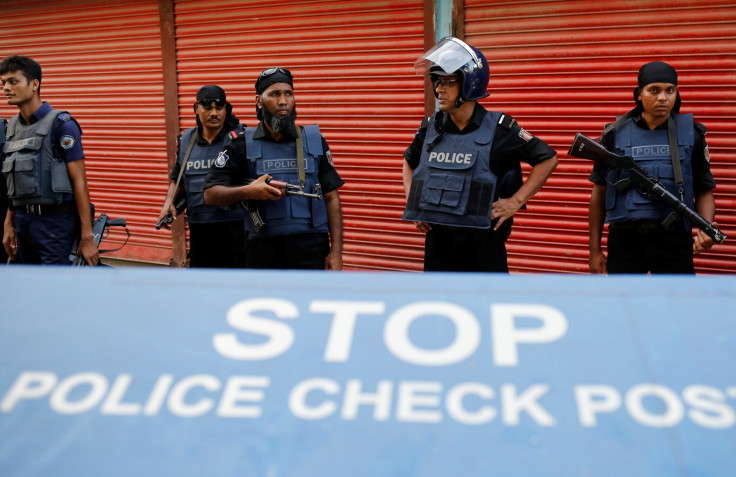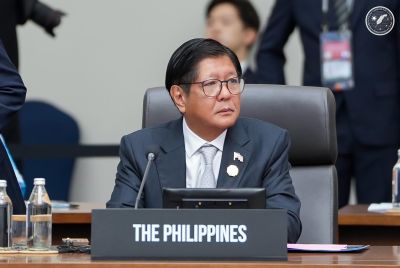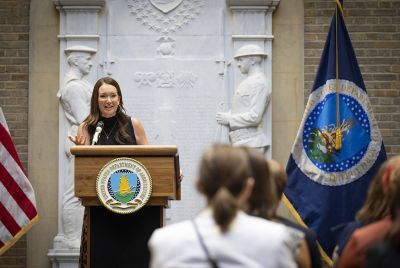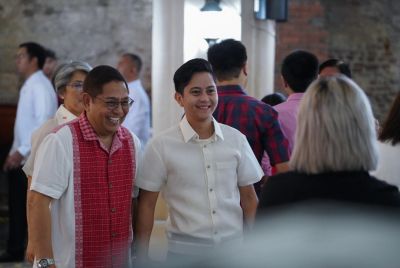Bangladesh executes Islamist tycoon Mir Quasem Ali for 1971 war crimes
Security heightened before and after execution of Jamaat-e-Islami's financial backer.

Bangladesh has executed Islamist tycoon Mir Quasem Ali, who bankrolled the main opposition political party, for his role in the 1971 war crimes. In 2014, the country's supreme court awarded him the death sentence and he refused to seek presidential pardon.
Ali, 63, was the financial backer of the Jamaat-e-Islami party, Bangladesh's largest Islamist party. He was hanged on Saturday (3 September) in the capital Dhaka. Ali was convicted by a special tribunal set up by Prime Minister Sheikh Hasina in 2010 which had earlier sentenced six other opposition leaders to death.
"The execution took place at 10.35 pm (1635GMT)," said Bangladesh's Law and Justice Minister Anisul Huq. After the country's highest court rejected his final appeal against the death sentence on Tuesday (30 August), Ali did not approach the president for mercy as it would have necessitated the admission of guilt.
Ali was found guilty of torture and murder during Bangladesh's war of independence from Pakistan in 1971. Ali, also a founder Jamaat-e-Islami, was a prominent member of the pro-Pakistani militia in the 1971 war but later turned into a wealthy tycoon, whose business ranged from real estate, shipping and media. The war had killed as many as three million people by some estimates, though figures vary.
His execution took place amid tensions in the country as earlier such punishments sparked major protests. Security has been tightened both before and after Ali was hanged.
Following the death sentence, Ali's body was brought to his ancestral village of Manikganj when he was buried on early Sunday (4 September) morning.
Soon after Ali was executed, Pakistan condemned the punishment heaping scorn on Bangladesh's judicial process. The foreign ministry said in a statement: "Pakistan is deeply saddened over the execution of the prominent leader of Jamaat-e-Islami , Bangladesh, Mir Quasem Ali, for the alleged crimes committed before December 1971, through a flawed judicial process. The act of suppressing the opposition, through flawed trials, is completely against the spirit of democracy."
© Copyright IBTimes 2025. All rights reserved.




















